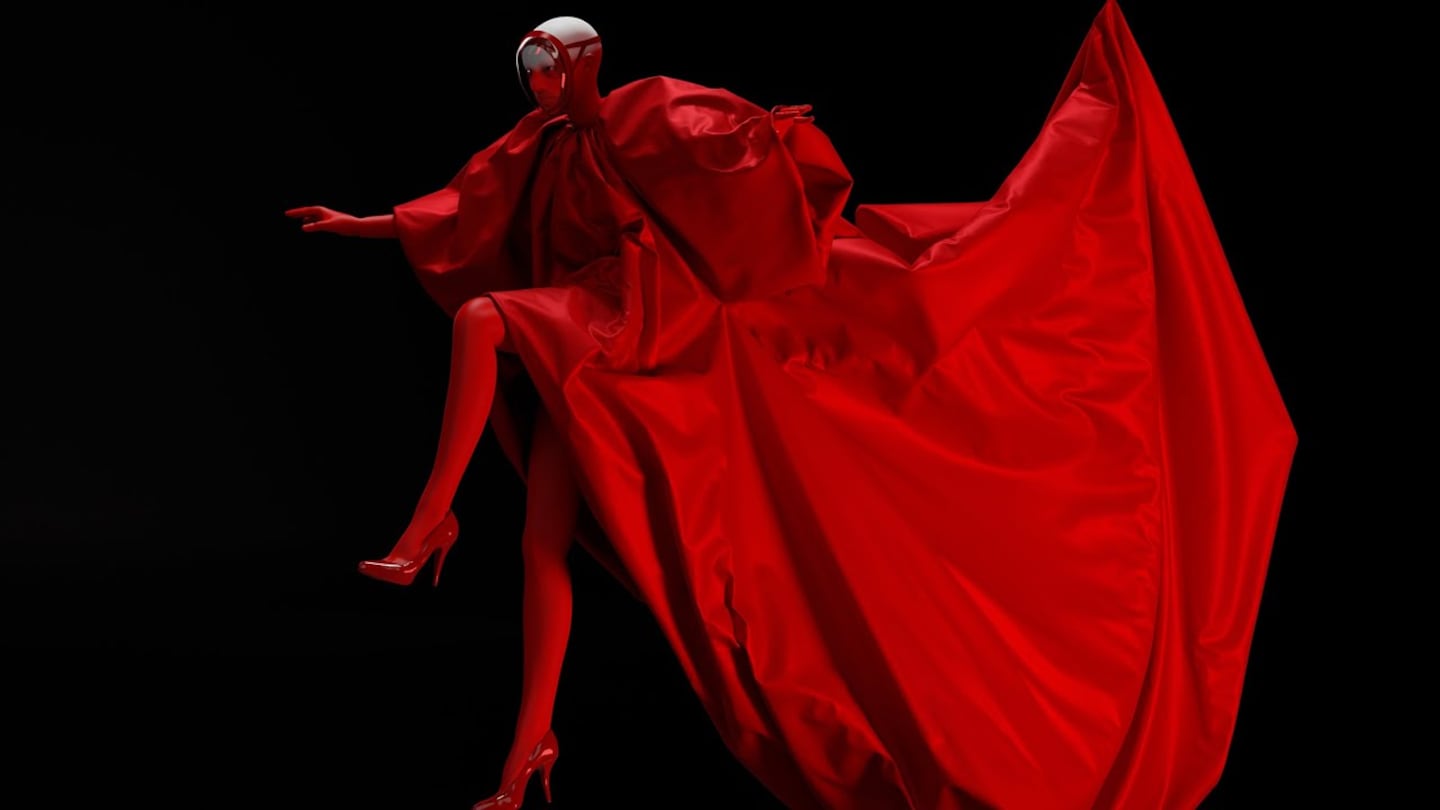
The Business of Fashion
Agenda-setting intelligence, analysis and advice for the global fashion community.

Agenda-setting intelligence, analysis and advice for the global fashion community.

FASHION WEEK, FOREVER CHANGED
The first pandemic fashion week, in September, could be considered a fluke. The second is starting to look like the future. In New York, big brands like Marc Jacobs and Ralph Lauren are again sitting out the season, and in London, Burberry is only presenting menswear, digitally. It’s doubtful all or even most of the no-shows will return once restrictions on in-person events are lifted. A bifurcated calendar is taking shape, where those with enough cachet, marketing and production budgets show when and where they want, while niche and emerging designers stick together at fashion week proper. Does any of this manoeuvring matter? Designers may miss the critical mass of blockbuster shows that draw international crowds (though those were on the wane even before 2020), but that’s at least partially balanced by the liberation of not having to spend precious resources keeping up with the Marcs, Ralphs and Riccardos. The greatest impact may be on fashion week’s organisers; IMG bought the rights to “New York Fashion Week: The Shows” in part for sponsorship and cross-promotional deals that will be harder to procure if fewer major names participate.
The Bottom Line: Predictions of fashion week’s demise have persisted since the shows left Bryant Park a decade ago. The reality is not so dramatic, though a return to the pre-pandemic norm is unlikely.
MOMENTUM GAINED, AND LOST, AT KERING
ADVERTISEMENT
Kering brands have a knack for turning marketing campaigns into news, between Gucci’s film festival, Balenciaga’s video game and Bottega Veneta’s social media shutdown. These tactics help keep those brands at or near the top of the Lyst Index and other measures of buzz. But when it comes to sales, the results are mixed. Gucci, responsible for the majority of Kering’s revenue and profits, lagged its mega-brand peers in the third quarter, with global sales dropping 9 percent. Bottega Veneta continues to shine, though we are now deep enough into the Daniel Lee era for there to be some suspense about when the brand’s growth rate will come back to earth.
The Bottom Line: In the end, results will likely be determined by the same forces driving sales elsewhere in the luxury sector: e-commerce and China. That’s probably good news for Kering, which has invested heavily in both areas.
WHEN WILL FASHION’S WORKERS GET THE VACCINE?
It’s hard to see from the middle of a lockdown, but the pandemic’s end may be rapidly approaching. At their current pace, the US and UK, two of fashion’s biggest markets, are on track to potentially join China in returning to something approaching normal as soon as the summer. That’s good news for retail workers, who are at risk as long as they and their customers are unvaccinated. It’s also good for brands and retailers hoping to safely draw shoppers back to stores. The outlook for the rest of the world is hazier. New Covid-19 cases are falling globally, but many countries are distributing vaccines at a pace that would take years to achieve herd immunity. This is particularly true in poorer countries (Bangladesh only began vaccinating citizens last week). Health officials are tracking several new variants, including one that has shown resistance to at least one vaccine.
The Bottom Line: Consumers, workers and businesses can make post-pandemic plans with a bit more confidence, though we aren’t out of the woods yet.
The Week Ahead wants to hear from you! Send tips, suggestions, complaints and compliments to brian.baskin@businessoffashion.com.
From where aspirational customers are spending to Kering’s challenges and Richemont’s fashion revival, BoF’s editor-in-chief shares key takeaways from conversations with industry insiders in London, Milan and Paris.
BoF editor-at-large Tim Blanks and Imran Amed, BoF founder and editor-in-chief, look back at the key moments of fashion month, from Seán McGirr’s debut at Alexander McQueen to Chemena Kamali’s first collection for Chloé.
Anthony Vaccarello staged a surprise show to launch a collection of gorgeously languid men’s tailoring, writes Tim Blanks.
BoF’s editors pick the best shows of the Autumn/Winter 2024 season.